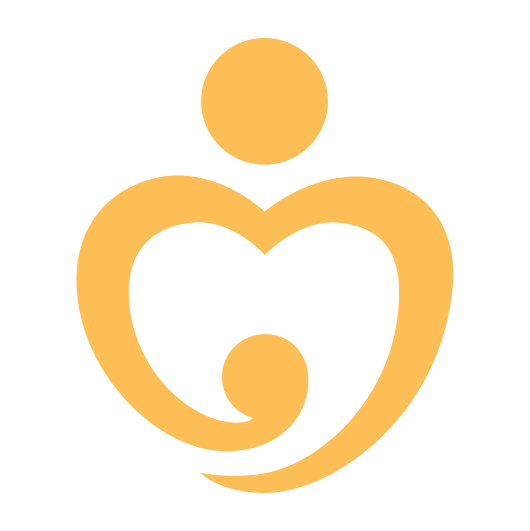
Q2 2022 Report
〰️
April - June
〰️
Q2 2022 Report 〰️ April - June 〰️
At One Heart Worldwide, we have a beautiful culture of giving, and I am so honored to be part of that. I have the opportunity to ‘give’ my contribution towards making our work meaningful, especially for our main beneficiaries – the mothers and pregnant women. Every day at One Heart, we put the mothers first. This is perhaps the key reason we have been so motivated to help the Government of Nepal deliver quality maternal and neonatal health care services.
It was during one of the darkest periods in Nepal - the big earthquake of 2015 - that I joined One Heart. This was when One Heart first provided emergency humanitarian relief and support to the Government of Nepal. The humanitarian impact was devastating in almost every part of the country, and I was given the opportunity as a member of the emergency support team to resume basic health care services at the rural community level.
Since then, One Heart has been a valuable platform in giving opportunities to Nepali women like myself to take up leadership roles. I now lead a highly professional clinical team who are young, energetic, and all women, working in our main Kathmandu Office and all of our program districts. Together, we have helped to build the capacity of many government nurses in maternal and neonatal healthcare.
Many nurses lovingly call me ‘Ma’am’ as a term of endearment, and wherever I go, I feel at home and loved. This is the result of One Heart’s work. So many of our initiatives have made a difference in helping to build newfound confidence among nurses. Our mentorship program has been key in helping nurses regain skills and knowledge that were nearly lost due to lack of practice. Our Simulation-Based Mentorship Program has built a large force of capable nurses, and there has been a consistent demand among nurses to continue organizing and expanding this new program.
I have witnessed the huge transformation of One Heart. When I joined, we were implementing our program in just 2 districts. Now, we are working in 21 districts. The Government of Nepal, civil society organizations, citizens, and local stakeholders recognize our value, especially following the pandemic when we became one of the largest contributors to the national COVID-19 emergency response. We owe our gratitude to all our donors who had trust and confidence in us to deliver their aid to Nepal. We are now really looking forward to partnering with local Nepali nonprofits, which will be a new journey to continue with our commitment to improve MNH services and build a safe environment for all Nepali mothers, especially in rural areas.
Sincerely,
Bhagawati Shrestha,
Training Manager, One Heart Worldwide

Program Delivery

Program Highlights
-
In compliance with the policy from the Social Welfare Council, One Heart will start implementing some of our community-based program activities through local NGO partners. This past quarter, we signed official partnership agreements with five NGO partners working in Salyan, Rukum West, Dolpa, and Rautahat. We also finalized all of the policies and guidelines we started last quarter to facilitate operations and ensure that all of our programs are effectively implemented by our local NGO partners.
-
To reduce the use of paper-based forms and increase our efficiency, our team started digitizing our HR and administrative systems using a locally developed Web-Based Document Management System (WBDMS). Additionally, our finance team switched to a new Financial And Management Accounting System (FAMAS). This cloud-based system will save our team both time and effort by facilitating the generation of various financial reports and standardizing financial reporting between the US and Nepal teams.
-
As a part of our COVID response, One Heart teamed up with Direct Relief to support the Government of Nepal’s COVID vaccination capacity and build a facility able to appropriately store COVID vaccines. Access to COVID vaccines is particularly important to protect pregnant women, and in Nepal, this access is hampered by the lack of appropriate available cold storage facilities. Construction has formally commenced and the work has been progressing well despite the monsoon rains. Foundations have now been fully completed and the project remains on track for completion by the end of Q3. Meanwhile, our team has started procuring the necessary equipment for this facility (see the photo below for the construction initiation ceremony).

Research & Development
-
One Heart and MAF worked in partnership with the National Health Education Information and Communication Center of the Government of Nepal to develop a series of short educational maternal and newborn health films specifically adapted to the socio-cultural and healthcare delivery context of rural Nepal. We subsequently conducted a study to assess whether viewing these films had a positive impact on the maternal and newborn health knowledge levels among pregnant women, and the postpartum hemorrhage–related knowledge levels among Female Community Health Volunteers in rural Nepal. Our results clearly demonstrated that using these culturally adapted educational films was indeed an effective intervention to improve maternal and newborn health knowledge among these rural populations. We are excited to share that the results of our work were recently published in Women’s Health (https://journals.sagepub.com/doi/full/10.1177/17455057221104297).
-
In collaboration with the Family Welfare Division of the Government of Nepal, One Heart designed a Simulation-Based Mentorship Program (SBMP) for rural health providers in Nepal. The SBMP is a hands-on workstation-based coaching and mentoring program. Local level mentors provide short doses of regular demonstrations and drills to rural health providers, which has been proven to increase information and skill retention. Implementation is on-going in the districts of Sarlahi and Myagdi. One Heart trained 7 new mentors and set up 3 skill labs this quarter. We also completed pre-assessments for 12 new sites in Sarlahi and 8 sites in Myagdi. We successfully ran 56 monthly SBMP sessions this past quarter (12 in Udayapur, 13 in Dolakha, 16 in Sarlahi, and 15 in Myagdi). Additionally, our team just completed the data collection of the midline evaluation in 32 sites in Udayapur.
-
This evaluation aims to assess how our programs have impacted the lives of women and newborns. Additionally, this evaluation seeks to address questions concerning medium and long-term sustainability, replicability, and areas where our programs could be adapted or re-imagined to best meet the needs in Nepal and other countries in need. The data for phase 1 has been fully cleaned up and reviewed. Preliminary descriptive data analyses have been conducted on the quantitative data. The qualitative data collected during phase 1 has been coded, and a thematic analysis was conducted. The Dartmouth team presented their preliminary findings in a phase 1 report. The research team is now preparing for phase 2 of the project. The plan is to start the data collection process once the monsoon concludes (fall 2022). A two-person team from Kathmandu will be deployed in the four districts of Sankhuwasabha, Dhading, Baglung, and Pyuthan. Each team will be supported by a local enumerator hired to assist with the survey. The teams will spend two months at each site. We expect data collection to be completed before the end of Q4 2022.
-
Earlier this year, One Heart contracted a third-party research agency in Nepal (MITRA SAMAJ) to conduct an endline survey in Dhading. This survey was conducted among women who gave birth within the last 12 months to assess the changes in our program indicators post program completion. All of the data has now been collected and is currently being reviewed and analyzed. As part of the analysis, MITRA SAMAJ will compare the endline results to the baseline data that was collected for OHW in 2014 before the start of our programs in Dhading. We expect the final report to be ready by the end of Q3.
Story from the field
By David Murphy, CEO in Udayapur, Nepal
Nepali nurses working in rural government health facilities often lack much-needed skills and knowledge and they need professional guidance consistently. Poor knowledge affects both their confidence and self-esteem hampering their work as service providers. This is where the OHW team is making a difference in rural Nepal. I met Nurse Manju whose life as a nurse has transformed with our support so that she can serve rural mothers and babies. Her story taught me a lot about how a little help can bring about great change.













